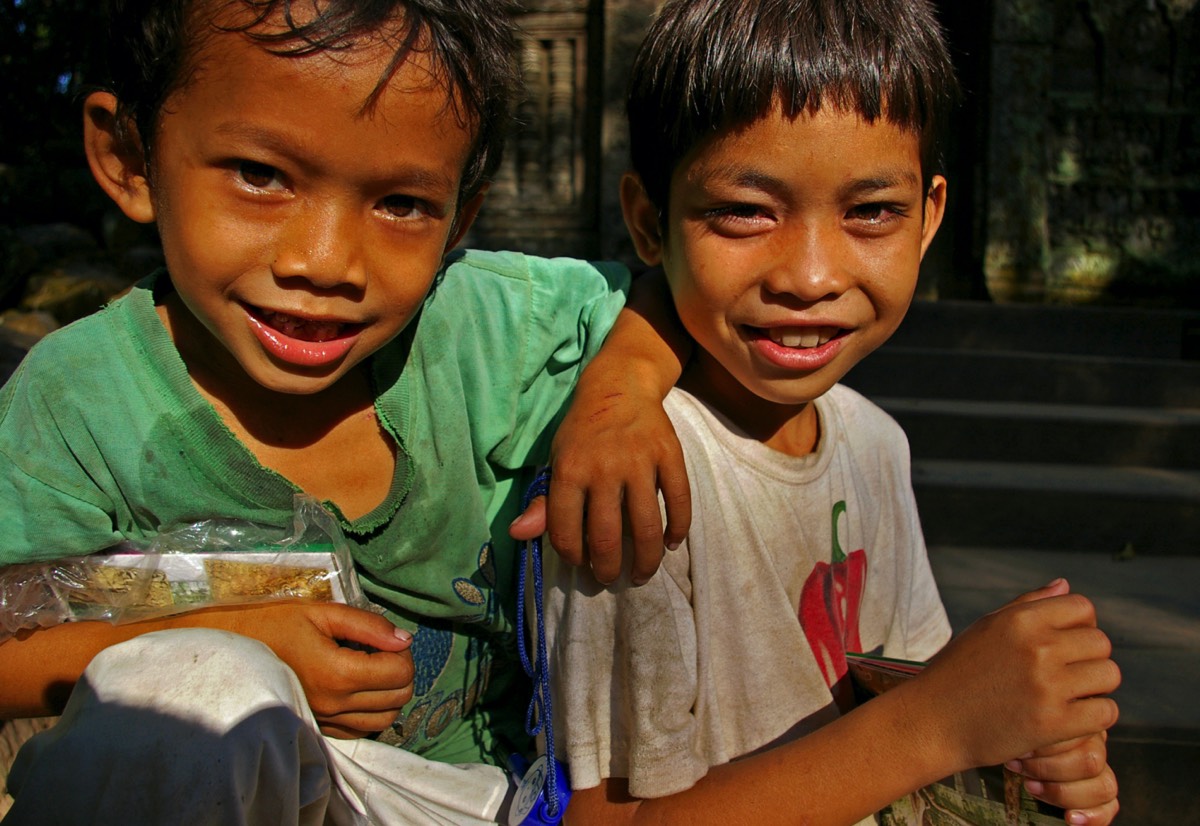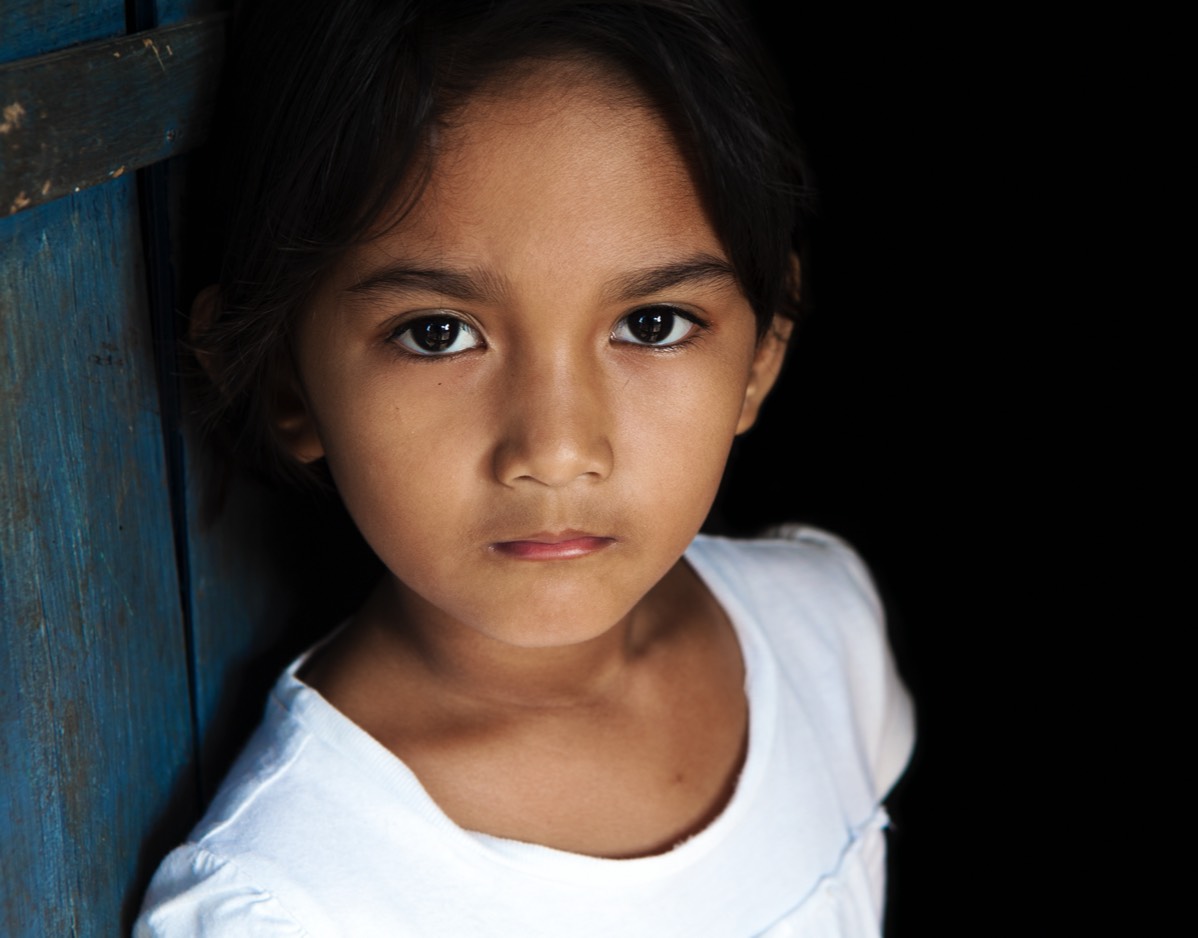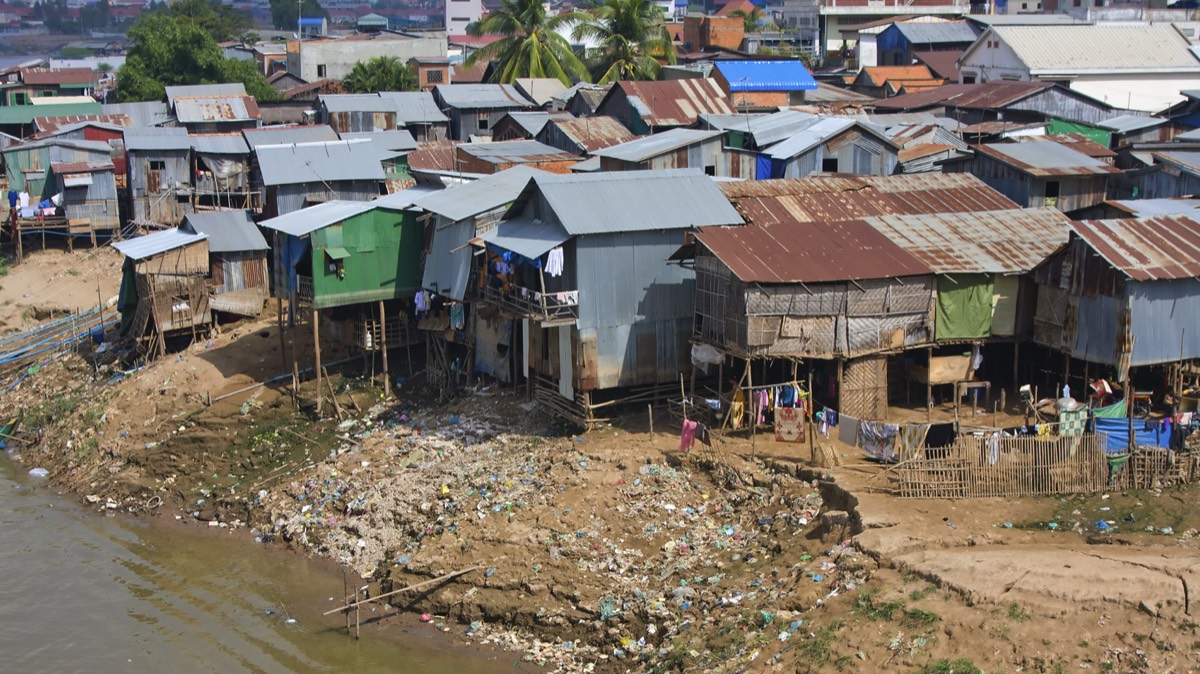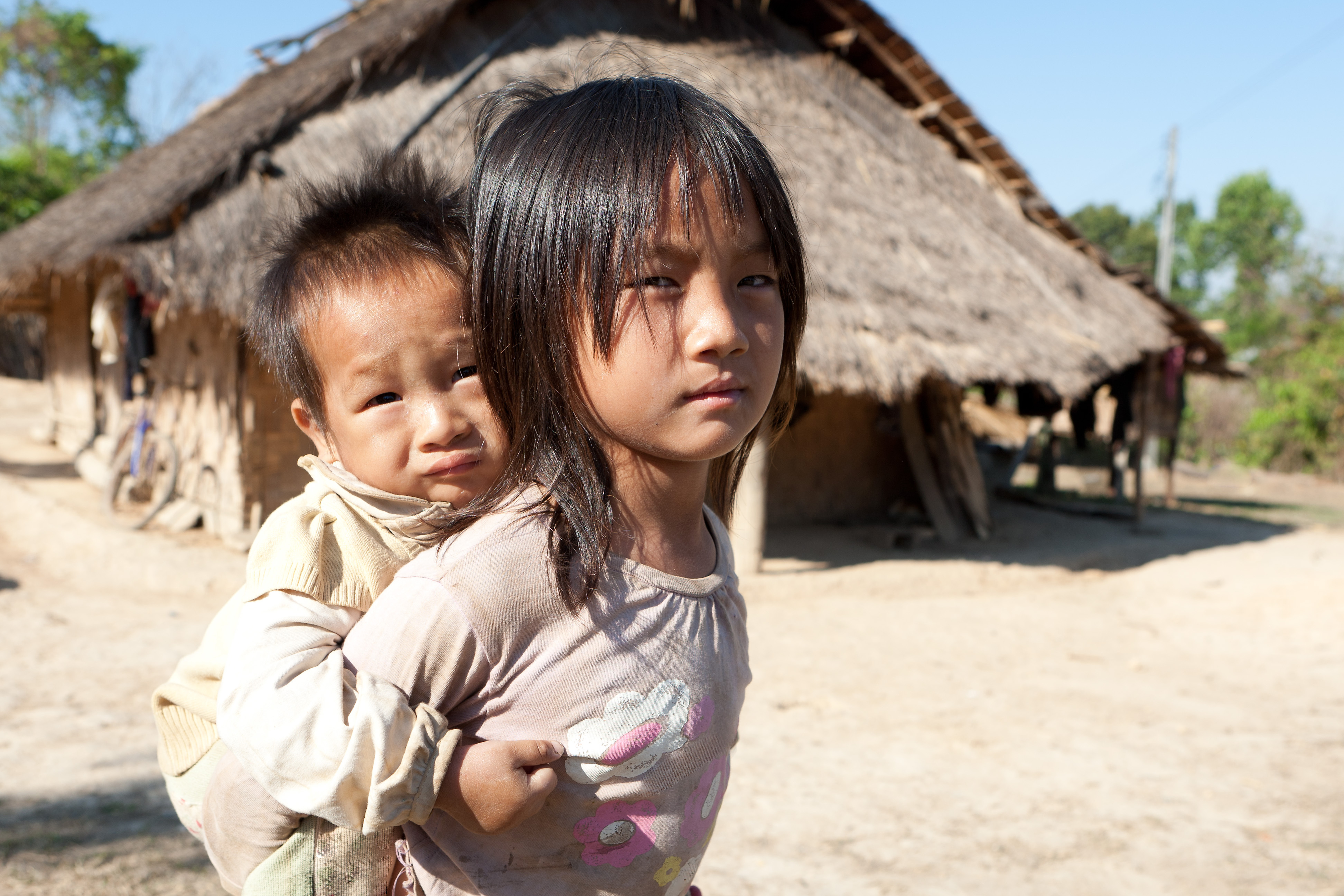David won a World Organization of Family Doctors (Wonca) Foundation Award in 1998 for a project to develop family medicine in rural India. The award was presented at the closing ceremony of the 15th Wonca World Conference of Family Medicine in Dublin, Ireland.
The Wonca Executive were amazed with what David achieved with a modest budget of GBP 1.500. The project was successful in developing a sustainable model of family practice appropriate to the needs of the local population and able to be continued by the local doctors. The project has stood the test of time and David was approached to develop and adapt the model used in India for a rural part of Cambodia.
The Wonca Executive were amazed with what David achieved with a modest budget of GBP 1.500. The project was successful in developing a sustainable model of family practice appropriate to the needs of the local population and able to be continued by the local doctors. The project has stood the test of time and David was approached to develop and adapt the model used in India for a rural part of Cambodia.
WONCA FOUNDATION AWARD PROPOSAL
This is the text of David's submission to the World Organisation of Family Doctors for support of the Cambodia Project.
Introduction
I was the recipient of a Wonca Foundation Award in 1998 for a project to develop family medicine in rural India. The need for family medicine in the project community was urgent and extreme. The Mayurbhanj region in rural Orissa is one of India’s poorest areas. 80% of the population in the project area were illiterate and below the absolute poverty level and there was a devastating under-5 mortality of 300 per thousand, twice the rate for the rest of India.
Poor housing, lack of essential food and nutrition all played a large part, but polluted water proved to be the greatest cause of morbidity and mortality in the Mayurbhanj region. Leprosy and malaria were widespread. Traditional birth practices contributed to the devastating maternal and infant mortality figures.
This is the text of David's submission to the World Organisation of Family Doctors for support of the Cambodia Project.
Introduction
I was the recipient of a Wonca Foundation Award in 1998 for a project to develop family medicine in rural India. The need for family medicine in the project community was urgent and extreme. The Mayurbhanj region in rural Orissa is one of India’s poorest areas. 80% of the population in the project area were illiterate and below the absolute poverty level and there was a devastating under-5 mortality of 300 per thousand, twice the rate for the rest of India.
Poor housing, lack of essential food and nutrition all played a large part, but polluted water proved to be the greatest cause of morbidity and mortality in the Mayurbhanj region. Leprosy and malaria were widespread. Traditional birth practices contributed to the devastating maternal and infant mortality figures.

The Orissa Project
My aim with the Orissa project was to help my Indian colleagues develop an infrastructure for family medicine within their area, staffed and run by local family doctors. An essential goal was to have the project entirely self sufficient at the conclusion of the work; to be of lasting value, the project must enable the local family doctors to be independent and able to continue the project initiatives themselves.
Developing community clinics within each of the villages allowed us to reach a maximum number of people with minimal set up costs.
These photographs shown an early open air community clinic in the Mayurbhanj region, staffed by volunteer doctors and nurses which enabled a rapid start up for the project. It was particularly rewarding to see a Primary Health Care team develop and grow from strength to strength. Family doctors, nurses, health educators and volunteers, all working together, providing collegial support to each other, each valued in their own role.
The traditional birth attendants were a powerful group in the community with huge influence. It took diplomacy and determination to reach agreement with the birth attendants, but once achieved, maternity health improved significantly. Developing a childhood immunisation programme required much community consultation to make it appropriate to the specific needs of the project area and sensitive to the people’s beliefs.
We identified health education in the communities and schools as vital to promote self-awareness on health issues and preventable disease.
I believe our most significant contribution was to raise funds to build a well to provide safe, clean drinking water for all in the community.
Success with the Orissa Project
As I reported to the Wonca Executive in 2000, the project was successful in developing a family medicine infrastructure to the Mayurbhanj region and was self sufficient at the conclusion of my input to the project in mid 2000.
I made a keynote presentation on the project at the Wonca 2000 Conference in Christchurch New Zealand which was very well received. I subsequently wrote a paper on the project which was published in the Australian Journal of Rural Health in 2002. A copy of my paper is attached, providing detailed outcomes from the project.

The Orissa Cyclone
Whilst working on the project, the great Orissa cyclone of 1999 struck. The cyclone caused untold devastation, suffering and loss of life to those already amongst the most disadvantaged people in our world.
It is hard to describe the extent of the devastation. Homes were destroyed, families separated, lives were torn apart. Survivors waded through the floodwaters, carrying what few worldly possessions they had left with them. Tarpaulins proved to be a lifeline for making new homes.
This was certainly medicine in the extreme. We were plunged into a medical rescue mission on a scale which I had never before experienced. The injured and the sick were transported on makeshift rafts, where we provided emergency care until further assistance could be reached at the nearest temporary medical facility.
The photographs below give some idea of the extent of the devastation. They also show the resourcefulness and determination of a community who will not to be defeated. They set about building new homes wherever there was safe dry land.
The lessons we learnt from the Orissa project would ultimately change my life forever and ignite a passion for global immunisation. We raised sufficient funds for a complete immunisation programme for the project area, but we very quickly learnt that raising the money is not sufficient in itself; it is simply the first step. All of us on the Orissa project were absolutely devastated when the local authorities refused us permission to administer the vaccines to the children in the project communities. The authorities argued that these were vaccines developed by white Christians who would not give them to their own children. We were all in a state of shock for some time, which gave way to anger as we continued to see children die from vaccine preventable illness. But the message was clear: for a programme to be implemented, protocols must be developed which are not just culturally sensitive to the local people but even more importantly, politically acceptable to the local authorities.
In the question and answer session following my keynote at the Wonca Christchurch conference in 2000, I was asked: “if I gave you a million dollars for your project, how would you spend it?” On the spur of the moment, the only answer I could think of was to say, “Well, we have raised enough money to vaccinate all the children yet we haven’t been able to administer the vaccines. So if you gave me a million dollars, I think I would have to use it as baksheesh to bribe an Indian official to let us give the vaccines”.
This quick response proved quite prophetic. I have subsequently worked with the Global Alliance for Vaccines and Immunisation and found that these problems are common in many countries in the developing world. Following the keynote presentation, I had contact with the Bill and Melinda Gates Foundation who have been working on solutions to make immunisation programmes politically acceptable to local governments.
Project to Develop Family Medicine in Rural Cambodia
It was always my hope that the model for family medicine we developed in Orissa could be used in other regions of extreme need. Shortly after publishing my work in the Australian Journal of Rural Health, I was approached by a professor of general practice in Cambodia about setting up a project in the Samron Tong region of Cambodia, which is an area of extreme need with many similarities to the Mayurbhanj region.
Like Orissa, many of the scattered population are below the absolute poverty level. Whilst many of the healthcare problems in Samrong Tong are remarkably similar to those of the Mayurbhanj region, what is strikingly different in Cambodia is the legacy of Pol Pot’s regime, still acutely felt a generation later. Cambodia is a country torn apart by political turmoil. A major challenge for the proposed project will be rebuilding trust and a sense of community amongst people, whose only memories are of past betrayals, costing lives and livelihoods.
Developing the Cambodia Project
In making this proposal for the Cambodia project, I have tried to build on the aspects of the Orissa project which have been most successful. I emphasise that as with the Orissa project, it is fundamental that the project becomes self sufficient with a short space of time and is able to continue without further outside support.
I receive regular offers from young doctors who wish to volunteer to work on family medicine projects. I have continued discussions with the professors of family medicine and there is certainly a determination to make the project work. As we found in Orissa, mobile open air clinics provide a cost effective way to reach as many people as possible and these would provide the basis of our early work.

My role in the Cambodia Project
My role will be to help develop the infrastructure for family medicine, to provide support to the Cambodian professors and education and training to the young family physicians who will staff the project. It is for this purpose that I am applying for the Wonca Foundation Award, specifically to help finance my travel to Cambodia and enable me to provide on site support. I believe this is in keeping with the aim of the Wonca Foundation Award of “fostering and maintaining high standards of care in general practice/family medicine by enabling physicians to travel to appropriate countries to instruct in general practice/family medicine”.
Working with other organisations
Land-mines have devastated Cambodia. We hope to work closely with those organisations committed to healing the legacy of land-mines. Medicine of Hope and Medecin Sans Frontiers are the principal groups treating victims of land-mines. We also plan to work with area and village development committees and Rotary international to fund supplies of medicines and the building of wells.
You cannot walk far in the proposed project area without confronting the legacy of the land-mines. The danger of unexploded mines is still ever present.
Conclusion
I greatly appreciate the immense support Wonca has given my work to date. Wesley Fabb and Robert Higgins provided tremendous collegial support and encouragement for me during the Orissa project. I am also indebted to Roger Strasser and my colleagues on the Wonca Working Party on Rural Practice for their constant support and expert advice which has played a vital role in the success of this work.
Delivering the inaugural Wesley Fabb Oration at the opening ceremony of the Wonca Asia Pacific Regional Conference in Kuala Lumpa, Malaysia, on 31 March 2002, Professor Fabb said:
“Should we be concerned about the plight of general practitioners in India or Zimbabwe struggling to provide health care to a poor and often unappreciative population, under difficult economic and political circumstances? Often inadequately trained, short of supplies, poorly paid, overworked, harassed – should we care? Some do. New Zealander, David Whittet, went to Orissa State in India on a Wonca Foundation Award of just £1000 sterling and worked marvels. That can be repeated, if the motivation is there.”
I am deeply touched by these kind words from Wes Fabb. The Orissa project was a richly rewarding experience and I would love the opportunity to make a difference to this community in Cambodia, where the needs are equally urgent and extreme. I believe this project is another opportunity to further Wonca’s mission to improve the quality of life of the peoples of the world through fostering and maintaining high standards of care in general practice/family medicine.
Like David on Facebook
Follow him on Twitter
Follow him on Twitter
